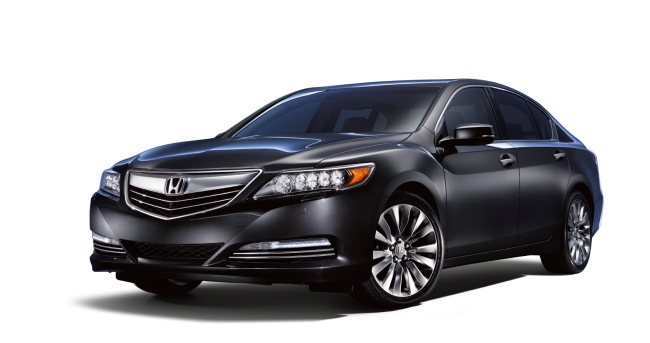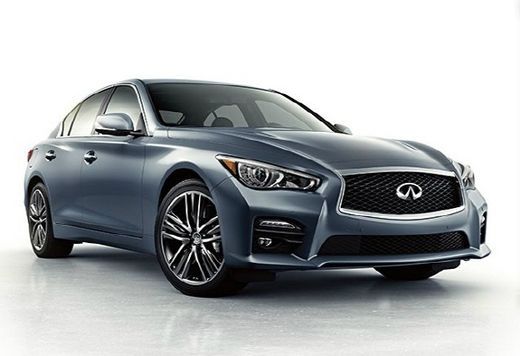Japanese car makers seek former glory
Falling oil prices, weak yen, new car launches boost local appeal of Japanese cars
By Seo Jee-yeonPublished : Feb. 15, 2015 - 18:46
Sales of Japanese vehicles in Korea, which dominated the Korean import car market in the mid-2000s, are picking up again, boosted by falling oil prices, a weak yen and new car launches.
Currently, four German brands ― BMW, Mercedes-Benz, Volkswagen and Audi ― hold the top four spots in the market, with a combined 68 percent market share last year.
The market share of five Japanese brands ― Toyota, Lexus, Honda, Nissan and Infiniti ― stood at 12.26 percent in 2014.
“The business environment has been favorable for Japanese gasoline-powered cars since the latter part of last year,’’ an official from Nissan Motor said.
Currently, four German brands ― BMW, Mercedes-Benz, Volkswagen and Audi ― hold the top four spots in the market, with a combined 68 percent market share last year.
The market share of five Japanese brands ― Toyota, Lexus, Honda, Nissan and Infiniti ― stood at 12.26 percent in 2014.
“The business environment has been favorable for Japanese gasoline-powered cars since the latter part of last year,’’ an official from Nissan Motor said.

The average gasoline price fell 36 percent to 1,412.20 won per liter in the first week of February, compared to the 2013 average of 1,924.50 won.
The weaker yen also helped bring down the prices of Japanese cars.
According to the data, compiled by the Korea Automobile Importers and Distributors Association, sales of the five Japanese brands rose 53 percent to 2,219 units in January this year from 1,450 units in the same period a year ago.

Infiniti, Nissan’s luxury car brand, was the best performer among Japanese car brands last year as its sales soared 102.5 percent on-year. Honda followed with a 97 percent sales increase.
“Sales of the company’s gasoline-powered Accord and SUV brand CR-V almost doubled last month,’’ a Honda Korea official said.
Sales of Toyota and its luxury car brand Lexus rose 64.6 percent and 46.1 percent, respectively, in January from a year ago.
Nissan was the worst performer last month as its sales rose only 11 percent in the cited period.
Industry watchers predicted Japanese carmakers would further spur their marketing and sales activities in an effort to build momentum for a return to their former glory.
From the beginning of this year, Japanese carmakers have been competing with new car launches.
Lexus is taking preorders for its NX200t sport-utility vehicle. Honda launched the large Legend sedan early this month, while Infiniti introduced its rivaling Q70.
The changing business environment has affected the luxury car market more than other segments.
“Luxury car buyers tend to avoid diesel-powered cars, which are more fuel efficient but noisier … than gasoline-powered cars,” KAIDA executive manager Yoon Dae-sung said.
Even German carmakers like BMW are reportedly considering whether or not to expand their gasoline-powered product lineups.
‘‘If oil prices continue to remain low, more consumers may choose mid-sized cars, SUVs or gasoline models and Japanese cars will be one of the biggest beneficiaries of this consumer trend,” a researcher with the Korea Institute for Industrial Economics and Trade said.
By Seo Jee-yeon (jyseo@heraldcorp.com)





![[KH Explains] No more 'Michael' at Kakao Games](http://res.heraldm.com/phpwas/restmb_idxmake.php?idx=644&simg=/content/image/2024/04/28/20240428050183_0.jpg&u=20240428180321)













